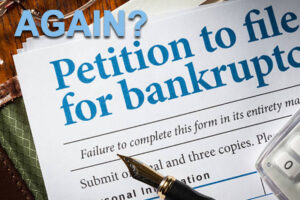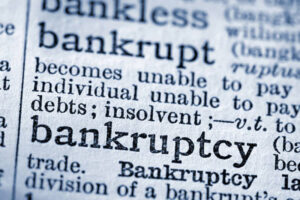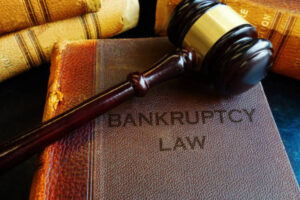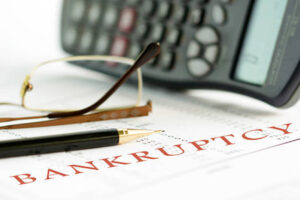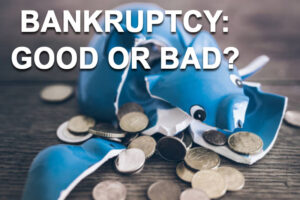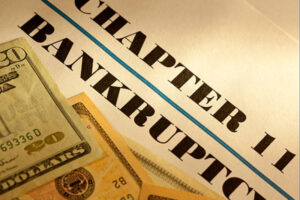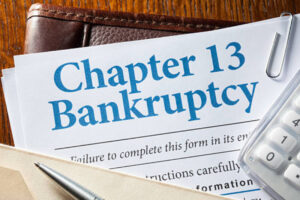If you’ve been struggling with debt, you’ve probably wondered what happens when you file for bankruptcy.
Bankruptcy is a legal process that lets people get rid of some obligations and start over.
The type of bankruptcy you file will depend on the laws and procedures in your state. For example, a Chapter 7 bankruptcy is a simple bankruptcy, while a Chapter 13 bankruptcy is for businesses and people who make money.
Before filing for bankruptcy, you should first assess your situation. Often, bankruptcy is the last resort for many people, but it can give you a new lease on life.
Bankruptcy is a way to give yourself a fresh start, especially if you are drowning in debt.
You should make sure that you have enough liquid assets to pay off your debts, including retirement funds, stocks, real estate, vehicles, college savings accounts, and other non-bank accounts.
While your debts may be discharged through a bankruptcy filing, creditors may retain their rights to repossess collateral and reclaim your property. Secured creditors, such as mortgage lenders, are not able to repossess your property if you file for bankruptcy.
However, unsecured debts will still be discharged by the bankruptcy court. If you bought the car within 30 months of filing, you can use a chapter 13 plan to reduce your debt to the value of $6,000.
When filing for bankruptcy, you must gather the appropriate documents and fees. If you can afford to hire a bankruptcy attorney, you should.
It is also important to be patient, as this process can take some time.
Bankruptcy is a serious decision, so be sure to educate yourself on the process and other options for debt relief. It may be worth your time to learn more about the process and find a suitable lawyer.
Bankruptcy can negatively affect your credit for seven or 10 years. Even if you have a good credit score, your bankruptcy will still affect your ability to get credit.
You’ll need a good credit repair attorney to help you get your life back on track.
Bankruptcy can destroy your credit, so make sure it is the last option you consider. If you can’t afford to pay your debts, you may be able to work out an affordable repayment plan with your creditors.
There are two basic types of bankruptcy, Chapter 7 and Chapter 13 bankruptcy. While Chapter 7 will liquidate most of your assets, Chapter 13 will allow you to keep most of your property.
Chapter 13 requires a debtor to develop a repayment plan, which the court approves. Once approved, the debtor must start making payments on the debt.
In addition, the repayment plan is longer than that of Chapter 7, and it typically lasts three to five years.

